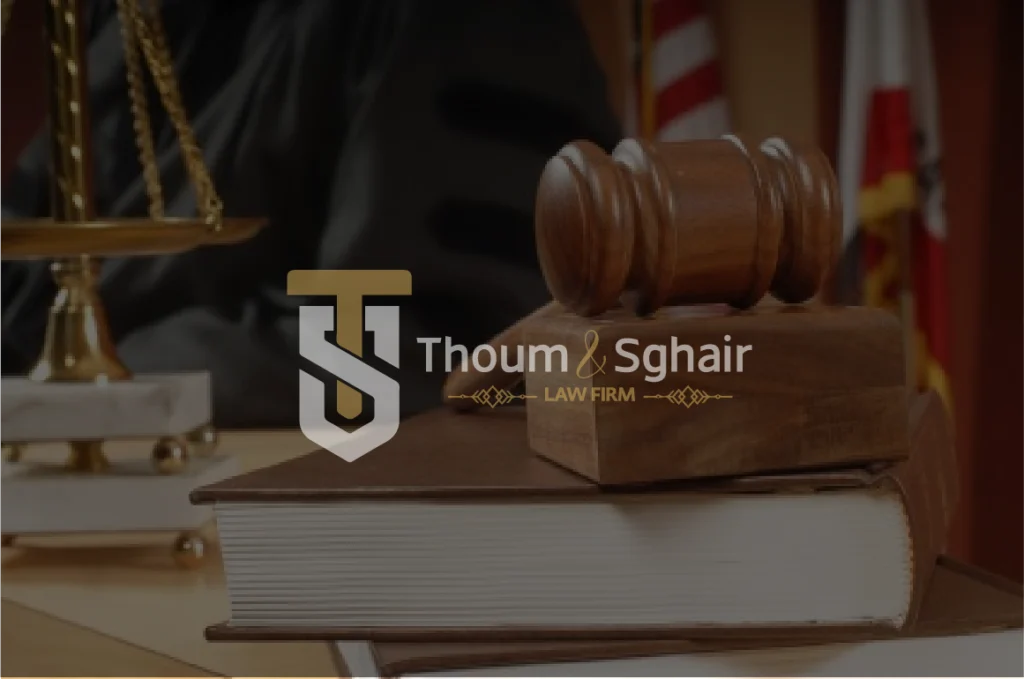
Morocco has become an attractive destination for foreign investors, skilled professionals, and expatriates seeking residency or business opportunities. Understanding Moroccan immigration law is essential to ensure compliance with visa, work permit, and residency regulations.
At CASA LAW FIRM, a trusted law firm in Casablanca, Morocco, we specialize in helping individuals and businesses navigate Moroccan immigration laws. This guide covers residency permits, work visas, investor immigration, and citizenship requirements in Morocco.
1. Types of Visas & Residency Permits in Morocco
Foreign nationals must obtain the appropriate visa or residence permit to stay legally in Morocco.
Short-Term Visas (Tourist & Business Visas)
- Tourist Visa: Allows short stays up to 90 days.
- Business Visa: For foreign professionals attending meetings, conferences, or short-term business activities.
- Schengen Visa Holders: Citizens of certain countries can enter Morocco visa-free.
Long-Term Visas & Residency Permits
Foreigners intending to stay beyond 90 days must apply for a “Carte de Séjour” (residency permit).
✅ Work Residency Permit: For expatriates with a valid employment contract in Morocco.
✅ Investor Residency Permit: For foreign business owners and entrepreneurs.
✅ Student Residency Permit: For international students enrolled in Moroccan universities.
✅ Family Reunification Visa: For spouses or children of Moroccan citizens.
2. Work Permits & Employment Regulations for Foreigners
Who Needs a Work Permit in Morocco?
- Non-Moroccan citizens must obtain a work permit (Autorisation d’Emploi) before employment.
- The employer must apply through ANAPEC (National Agency for Employment Promotion).
Steps to Obtain a Work Permit
1️⃣ Secure a job offer from a Moroccan company.
2️⃣ Employer submits a work authorization request to ANAPEC.
3️⃣ Obtain approval from the Moroccan Ministry of Labor.
4️⃣ Apply for a residency permit (Carte de Séjour) after receiving the work authorization.
⚠️ Work permits are linked to the employer and require renewal upon job changes.
3. Business & Investor Immigration in Morocco
Starting a Business as a Foreigner
Morocco welcomes foreign investors with business-friendly regulations. Popular investment sectors include:
✔️ Real estate & construction
✔️ Tourism & hospitality
✔️ Renewable energy
✔️ Technology & startups
Investor Residency Requirements
Foreign investors can obtain residency by:
- Establishing a company in Morocco.
- Investing in real estate or industrial projects.
- Providing proof of financial solvency.
💼 Need help registering your business? Our law firm in Casablanca, Morocco, provides full legal support for foreign entrepreneurs.
4. Moroccan Citizenship & Naturalization
Foreigners can apply for Moroccan citizenship if they meet the following conditions:
- Continuous residency of 5+ years in Morocco.
- Fluency in Arabic or Moroccan dialect.
- Proof of integration into Moroccan society (employment, marriage, investments).
- Clean legal record & financial stability.
Citizenship applications are subject to approval by the Moroccan Ministry of Interior and may take several years to process.
5. Legal Assistance for Immigration & Visa Applications
Navigating Moroccan immigration law can be complex, especially for first-time applicants. At CASA LAW FIRM, we provide:
✔️ Assistance with visa & residency applications.
✔️ Legal representation for work permits & business visas.
✔️ Support for foreign investors & company registration.
✔️ Guidance on Moroccan citizenship & naturalization.
Conclusion
Understanding immigration law in Morocco is essential for expatriates, investors, and foreign workers. Whether you are applying for a residency permit, starting a business, or seeking Moroccan citizenship, our expert legal team at CASA LAW FIRM is here to assist you.
Contact us today for professional immigration law services in Morocco!